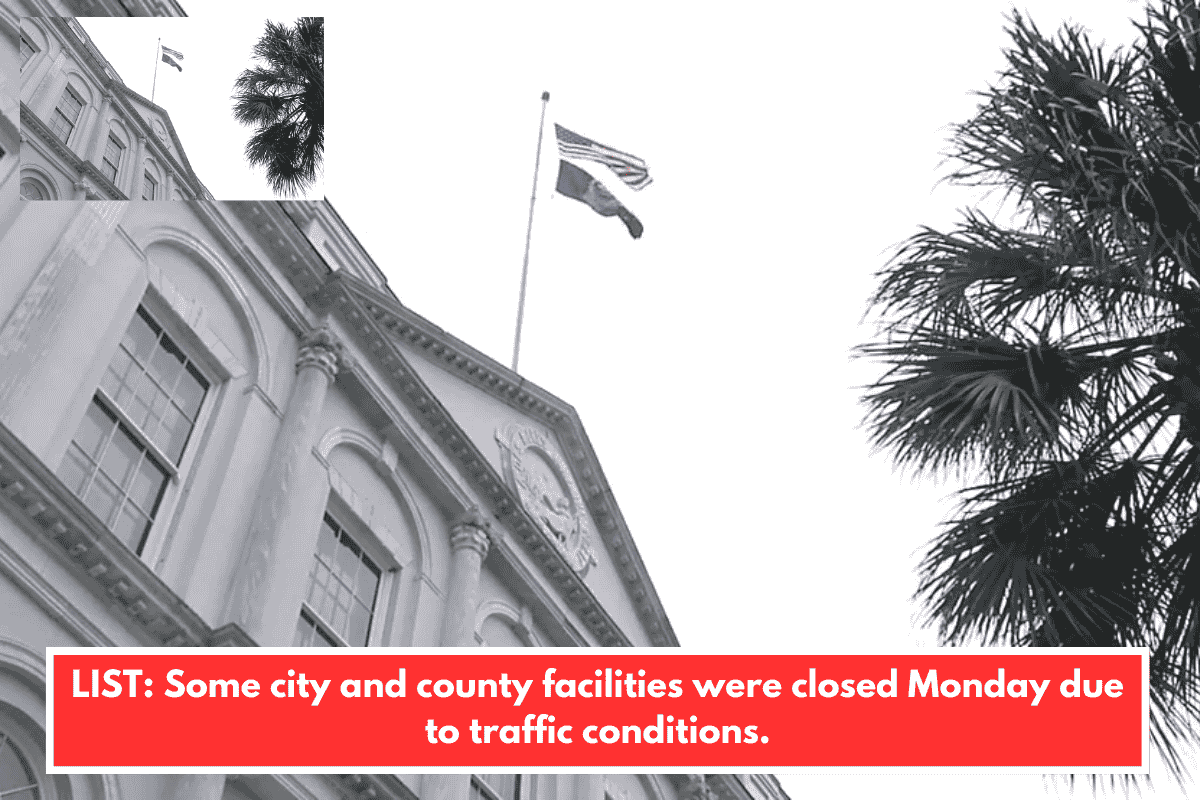After years of working and saving, retirement is your time to relax and enjoy life. But even with decades of preparation, it’s still easy to make money mistakes that can quickly drain your savings. From health insurance gaps to poor investment strategies, being aware of the most common pitfalls can help you protect your hard-earned financial future.
Below, we explore the 15 most common retirement mistakes—especially relevant for Virginians but applicable nationwide. Avoiding these missteps can help ensure a more secure and enjoyable retirement.
1. Not Purchasing Supplemental Insurance
Medicare doesn’t cover everything. Dental, vision, hearing, and some prescription drugs may be excluded. Consider supplemental insurance to avoid high out-of-pocket costs.
2. Not Adjusting Spending Habits
Your income may decrease in retirement, so your lifestyle should, too. Stick to a well-planned budget to keep your finances on track for the long haul.
3. Falling for Scams
Seniors are frequently targeted by scammers. Be cautious with online communication, verify suspicious calls, and never share personal or financial information without confirmation.
4. Not Investing More Conservatively
As you age, your risk tolerance should decrease. Shift more of your portfolio to stable investments like bonds to reduce volatility and preserve your savings.
5. Investing Too Conservatively
While you should avoid risky investments, being too cautious can also hurt you. Your money still needs to grow, so maintain a balanced and diversified portfolio.
6. Purchasing Too Much Company Stock
Avoid putting too much faith—and money—into your employer’s stock. Limit company shares to no more than 10% of your portfolio to manage risk wisely.
7. Not Taking Advantage of Company Match
If your employer offers a 401(k) match, contribute enough to maximize it. Not doing so is like leaving free money on the table.
8. Over-Reliance on Public Benefits
Social Security and Medicare are helpful but rarely enough to cover all your retirement needs. Build personal savings to supplement your income and maintain independence.
9. Failing To Understand Taxes
Taxes don’t stop in retirement. Pensions, Social Security, and retirement accounts may all be taxable. Know your tax obligations to avoid surprises during tax season.
10. Not Consulting With a Financial Planner
A certified financial planner (CFP) can help you make smart, personalized decisions. Don’t underestimate the value of professional advice when it comes to retirement planning.
11. Not Factoring in Inflation
The cost of living will likely increase over time. If you don’t plan for inflation, your retirement funds may not stretch as far in the future.
12. Carrying Too Much Debt
High-interest debt like credit cards can be a serious drain during retirement. Try to pay off as much debt as possible before leaving the workforce.
13. Failing To Save for Emergencies
Life is unpredictable. Keep an emergency fund of at least 6 months’ expenses to cover unexpected costs like medical bills, car repairs, or home emergencies.
14. Dipping Into Social Security Too Early
You can start Social Security at 62, but doing so could reduce your monthly payments by up to 30%. If possible, delay until age 70 for the highest benefits.
15. Underestimating Your Lifespan
Many retirees fail to plan for the possibility of living into their 80s or 90s. Prepare your finances to last longer than you think—you may need them to.
Retirement should be one of the most fulfilling phases of your life. However, financial missteps can quickly derail even the best-laid plans. Whether you’re newly retired or just starting to plan, being proactive and avoiding these common mistakes can make a huge difference.
Make sure to consult with a trusted financial planner, stay updated on Medicare changes, manage your investments wisely, and budget according to your actual lifestyle—not your pre-retirement paycheck. Most importantly, remember that retirement is not just about money—it’s about peace of mind.
With the right planning, discipline, and knowledge, your retirement years can truly be your golden years.














